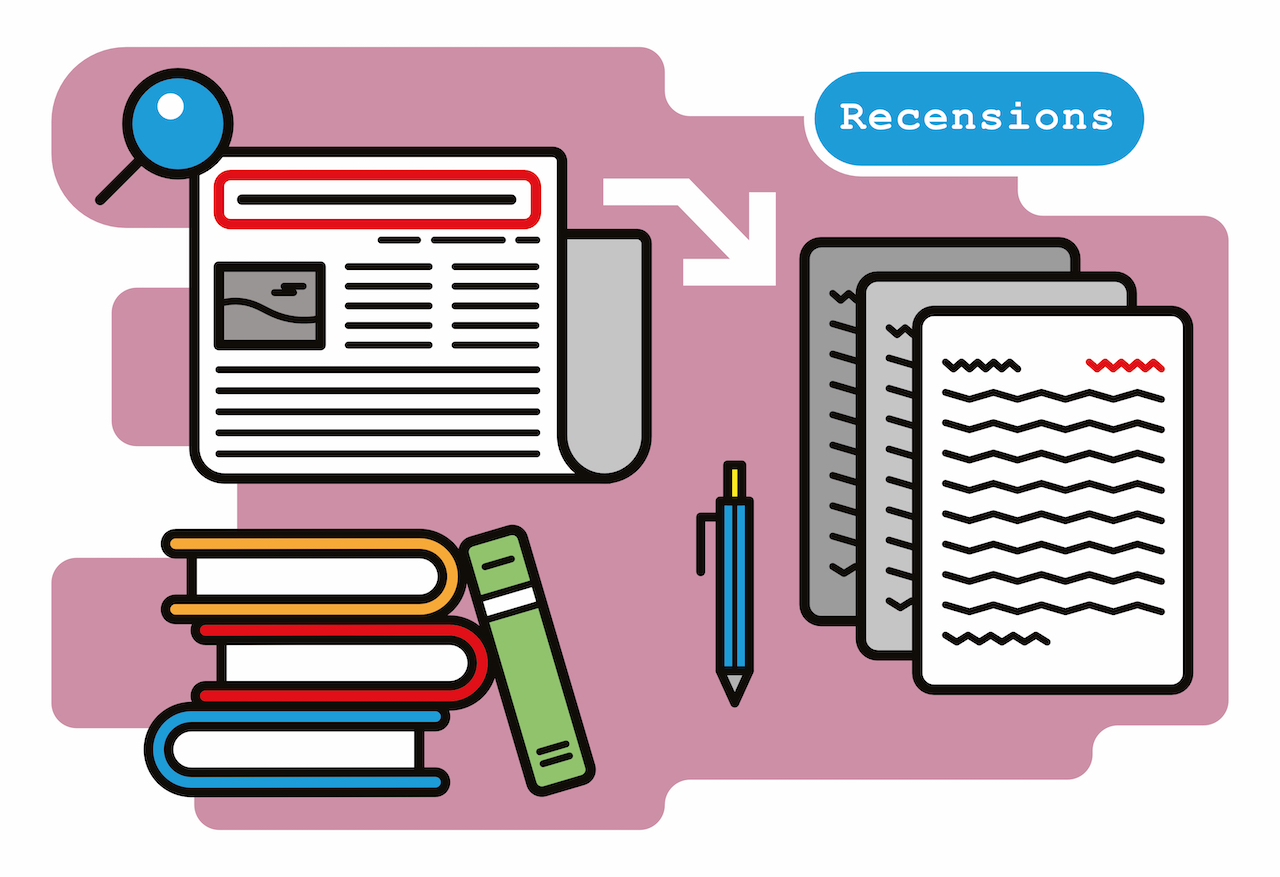Vaccins contre la dengue, le temps de l’optimisme prudent ? [Dengue vaccines, a time for cautious optimism?]
Fiche du document
1 mai 2024
- doi: 10.53738/REVMED.2024.20.872.876
- issn: 1660-9379
Ce document est lié à :
info:eu-repo/semantics/altIdentifier/doi/10.53738/REVMED.2024.20.872.876
Ce document est lié à :
info:eu-repo/semantics/altIdentifier/pmid/38693800
Ce document est lié à :
info:eu-repo/semantics/altIdentifier/pissn/1660-9379
Ce document est lié à :
info:eu-repo/semantics/altIdentifier/urn/urn:nbn:ch:serval-BIB_5BAA5E0A796E1
info:eu-repo/semantics/embargoedAccess , Restricted: cannot be viewed until 2025-11-01 , CC BY-NC-ND 4.0 , https://creativecommons.org/licenses/by-nc-nd/4.0/
Sujets proches
Dengue fever Breakbone fever Dengue fever Breakbone fever Dengue hémorragique Fièvre solaire Fièvre d'Aden Fièvre rougeCiter ce document
A. Filali et al., « Vaccins contre la dengue, le temps de l’optimisme prudent ? [Dengue vaccines, a time for cautious optimism?] », Serveur académique Lausannois, ID : 10.53738/REVMED.2024.20.872.876
Métriques
Partage / Export
Résumé
Vaccine could take a central role in the strategy to reduce the burden of dengue. The development of an effective and safe vaccine must address various immunological challenges. Several vaccines are currently in development. To date, two live-attenuated vaccines have been deployed. Both have an effectiveness that varies depending on the serotypes. The deployment of the Dengvaxia vaccine, which began in 2015, was marked by a major safety alert leading to its use being restricted to previously dengue-seropositive people over 9 years old. The Qdenga vaccine is currently being deployed. There is for now insufficient data to ensure its safety in seronegative people. Some travelers, who have previously been infected with dengue, are a group for whom a vaccination recommendation applies.
